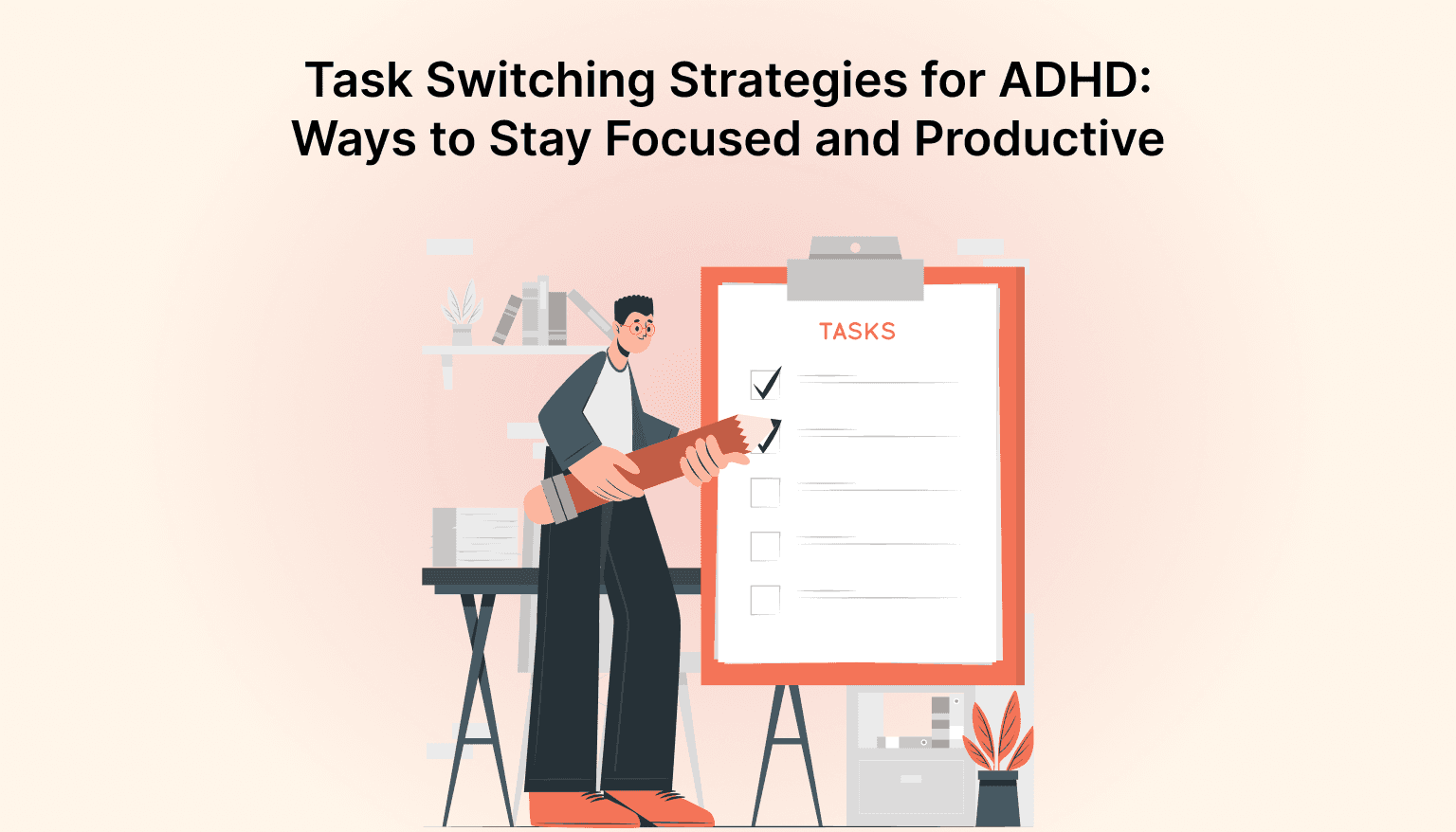Time Management Made Easy With The Four-Hour Rule
7
It is a dreading feeling to plan a perfect work day that fits all your tasks, only to have no more energy left to follow it through by 3 p.m. I used to feel like that way too often until I learned about the Four-Hour Rule.
The Four-Hour Rule takes into account the fact that the human body functions based on biological clocks. According to the US NIH, our circadian rhythms control not only our sleep but also our hunger, body temperature, and alertness, meaning the intensity of our brain activity.
That's why 3 p.m. usually means an energy crash for most people.
Such biological nature is also why our brain can't take more than four hours of intellectual productivity per day. While it may seem like too little time to get everything done, the Four-Hour Rule can help you learn to use that time wisely.
Next, let's go through what science says about the Four-Hour Rule theory and how to implement it in a 9-to-5 work routine.
Learn more: Building An Effective Routine And Sticking To It
What Is The Four-Hour Rule For Productivity?
The Four-Hour Rule states that we'll only be intellectually productive for about four hours a day.
Related studies show that after those four hours of deep-focus creative or intellectual work, our productivity can decrease fast and give place to that "fried brain" feeling. Because of that, we should learn how to plan to make the most out of those hours.
For example, you may observe that you feel more energized and attentive in the mornings, so that would be a great period to allocate most of your focus time.
On the other hand, you may feel that you can't get straight into complex assignments right after lunch, so you can try to ease your way into work mode with some low-complexity or operational tasks at first.
It is all about using your natural settings in your favor. While the circadian rhythms are overall a standard for everybody, this method encourages us to observe and get to know the particularities of our biological cycles and make the most out of them.
Why The 8-Hour Shift Does Not Work For Everyone
The well-known eight-hour workday dates back to the Industrial Revolution. It was a significant step-up for industry workers who endured 10 to 16 hours of labor every day. In the US, for example, the Fair Labor Standards Act established the forty-hour week journey.
This work regimen seemed to operate quite fine for those who worked in mass production, Fordism-style. Still, creative and intellectual professionals are still submitted to the same long shifts.
But is the eight-hour workday as productive for those other sorts of jobs? Science says it isn't.
As briefly described earlier, our bodies function in cycles. Even when we try to push it further, the fact is that only three to four hours of an eight-hour work day will be actively productive.
A few examples:
A 1993 study by Anders Ericsson and associates showed that the most skilled violinists practice for around 3.5 hours every day.
Anthropologist Marshall Sahlins reports in his study that primitive hunter-gatherer societies kept their average working hours between three to five hours daily.
The Pareto Principle theorizes that 80% of results come from 20% of efforts. In the work context, those extra four hours of work will probably be filled with procrastination or low-impact operational tasks.
Several geniuses, such as Charles Darwin and Thomas Jefferson, are said to have worked through 60 to 90-minutes sessions three or four times a day.
Another variable is that creativity and good ideas need time and rest. It's not a coincidence that our best ideas come during a shower or after a good night's sleep.
With that in mind, the equation is simple: fewer work hours equals more time for rest and leisure plus balanced biological cycles, resulting in increased productivity.
Discover: Best Calendar Apps To Boost Productivity
How To Apply The Four-Hour Rule For Time Management?
If you run a company or work in a 9-to-5 job, you probably won't be able to reduce your working hours so drastically. However, you can still use some strategies to implement the Four-Hour Rule in your daily time management plan.
Respect your energy peaks
The Four-Hour Rule is about using your biological settings in your favor. If you feel like you are not your best self early in the morning, you may want to allocate your focus time in the afternoon and vice versa.
Pay attention to your body to find when it is at its energy peak so you can execute complex tasks better and faster.
Break your workday into slots
If you still have to work eight hours a day, you may want to split your workday into smart slots.
After you learn which period of the day you are most productive and energetic, you can block this period for your focus time. Then, leave the opposite period for the easier or operational tasks, the ones that you don't have to think much to get done.
Consider my morning schedule as an example:
8 to 9 a.m. - Check email, answer asynchronous Slack messages, check social media updates, and schedule some posts.
9 to 11 a.m. - Two hours of focus time, usually used for writing.
11 to 12 p.m. - Fill in some reports, and join meetings.
As you can see, I ease myself into working in the morning by starting with low-impact activities and then entering my focus time. I also use my remaining work hours to tackle those tasks that don't require too much brain power.
By doing so, I keep up with my expected work shift without burning myself out.
Define your priorities
With only four hours a day for deep focus, you probably won't be able to tackle every single task you wish you could. In order to commit to the Four-Hour Rule, you'll have to prioritize.
Go back to your objectives for the week, month, or year. Break them into smaller tasks, order them by priority, and plan their execution over the following days and weeks.
You'll soon learn that you'll have to say no to some things to complete assignments successfully and with high quality. Keep in mind that you are working through what's essential to build your path towards your goals!
Set up your routine
Planning and setting things up beforehand is the key to the success of any productivity and time management method.
For my morning schedule to work smoothly, I know I have to wake up between 6 to 7 a.m. So, the night before, I'll set my alarm, get my desk in order, and, if possible, get my breakfast prepped the night before.
When I manage to set everything the day before, I can go through my morning plan smoothly, and my focus time gets even more productive as I don't have to stress over anything.
Continue reading: 3 Time Management Techniques To Try Today
Use Akiflow To Practice The Four-Hour Rule Successfully
The Four-Hour Rule works best when associated with the time blocking technique. With this combo, you can block all your activities in a calendar, including your focus time.
Akiflow comes in handy with its unified calendar and task list view. You can categorize all your assignments with labels and priority tags in the task list and then drag and drop them into the desired time slot in the calendar.
Source: Akiflow
It is also a plus that Akiflow pulls tasks from plenty of other productivity and communication tools, creating tasks automatically to help you not to forget anything and keep your mind at ease.
You can organize your calendar with a mix of one-time and recurring tasks and events. For your most important task, you can transform it into the goal for the day so the app can highlight it among your other responsibilities.
Begin the free trial today and implement the Four-Hour Rule in your daily routine to observe better results with less effort.




